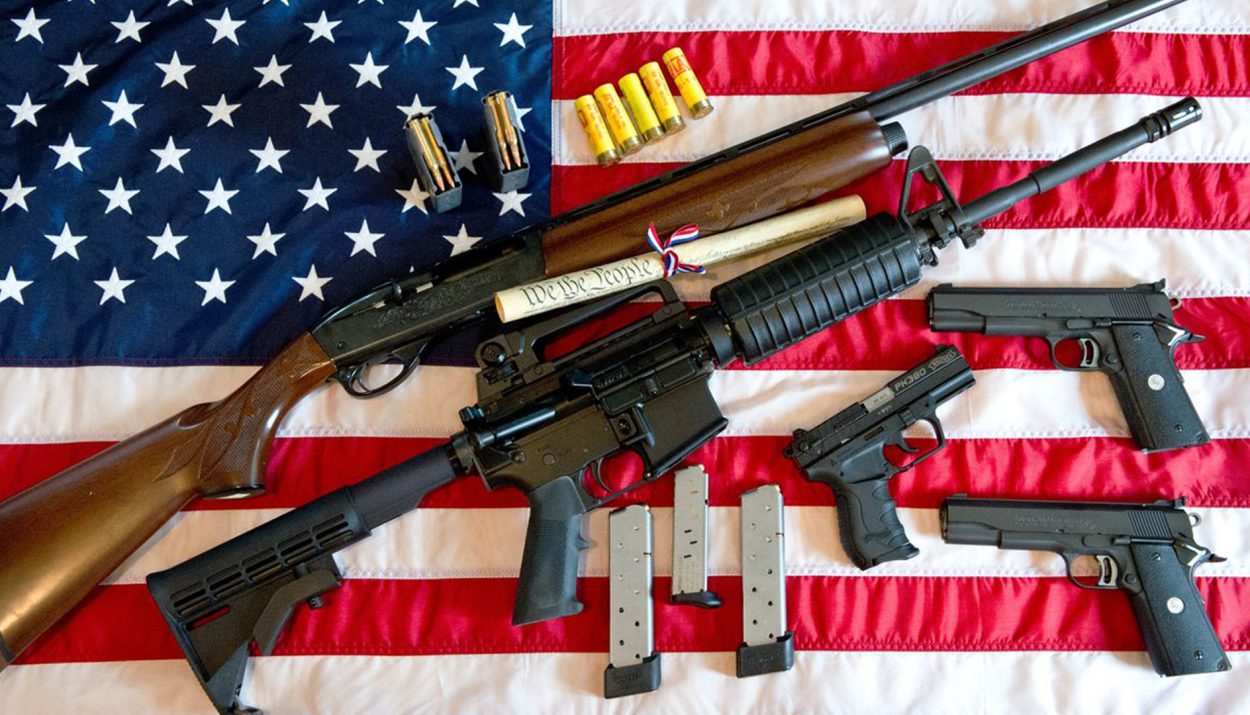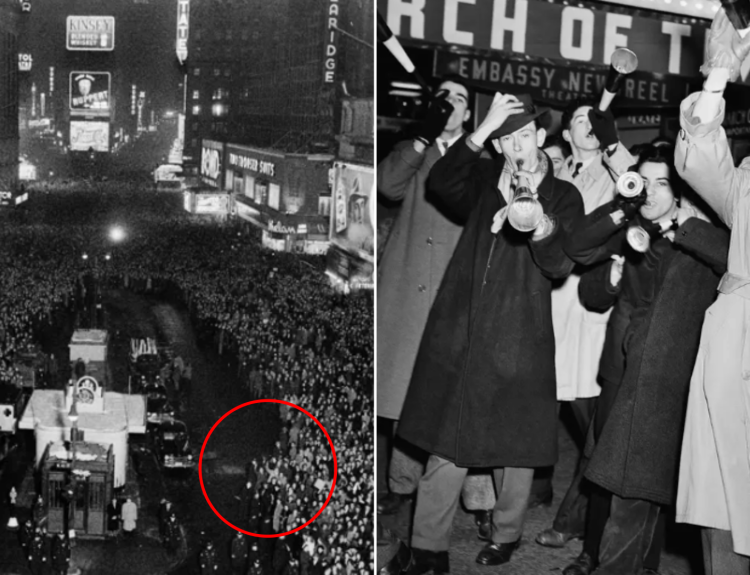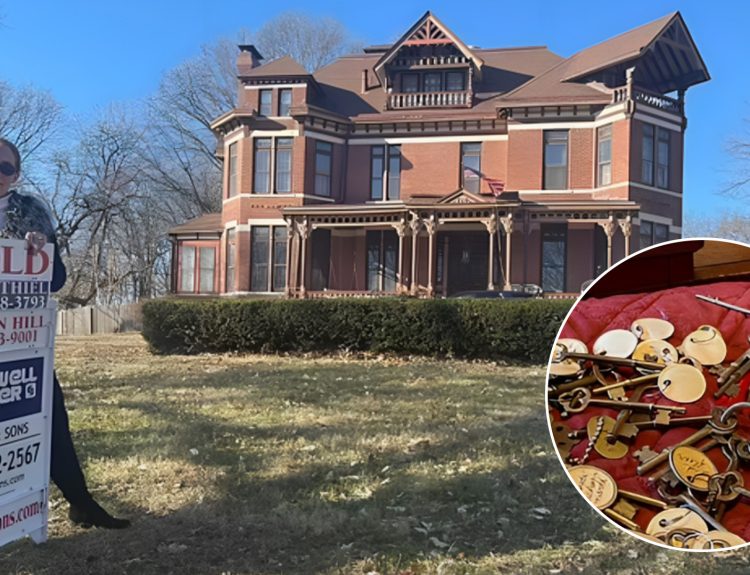Step into the realm of home protection and personal empowerment, where the presence of a firearm becomes a pivotal chapter in the story of safety and sovereignty.
The debate surrounding gun ownership evokes passion on both sides, sparking visions of defense against uncertainty as well as apprehension of danger. Yet a firearm can fill multiple roles within the household when handled with competence and care.
Enhance Home Security
Having a firearm for home protection can be an effective deterrent against would-be intruders and criminals.
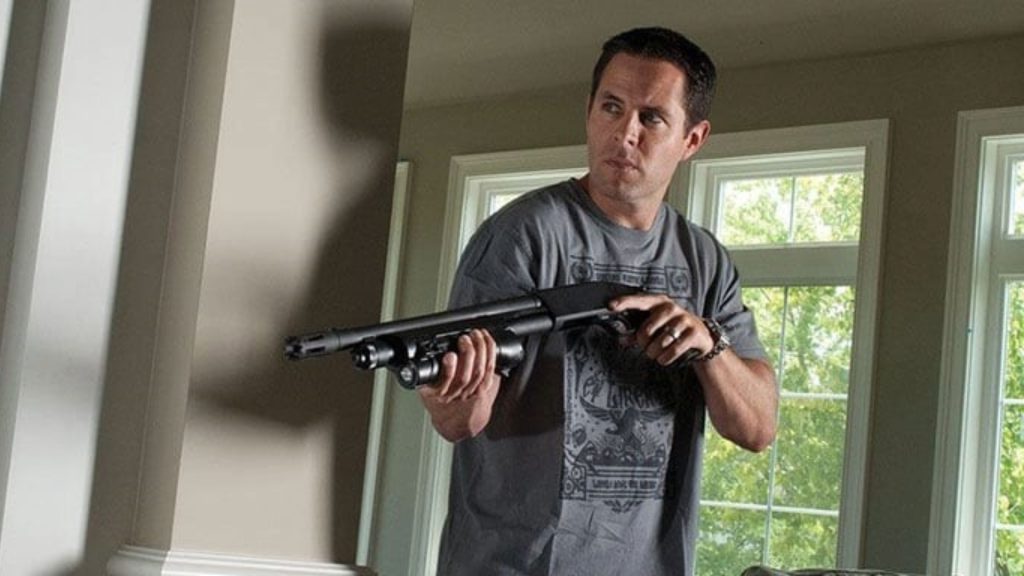
Studies show that burglars tend to avoid homes where the occupants are believed to be armed. Knowing the house is defended, robbers will often move on to an easier target. For homeowners, this means added security and peace of mind.
Protect Your Family
In the event of a home invasion, a firearm allows you to defend yourself and your loved ones. You have the means to confront an intruder and deter aggression until help arrives.

Without a gun for protection, you are left vulnerable during a break-in and have limited options to defend against potential harm. For many homeowners, protecting their family is the top reason for keeping a firearm.
Complement Home Security
While a gun alone does not replace a home security system, it does provide an additional layer of protection. If an intruder breaches your security measures, a firearm gives you a way to defend your home as a last line of defense.
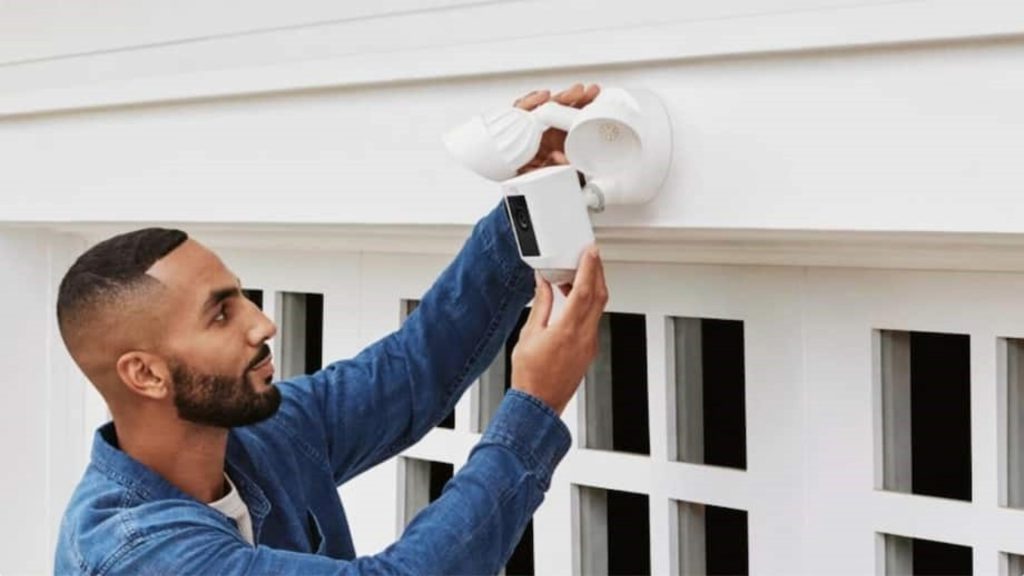
It also allows you to take action in the event of a system failure or unforeseen security breach. For the most comprehensive protection, a firearm complements a robust home security setup.
Gun Owners Feel Empowered
Owning a gun gives homeowners a sense of empowerment, knowing they can defend themselves if law enforcement is unavailable.
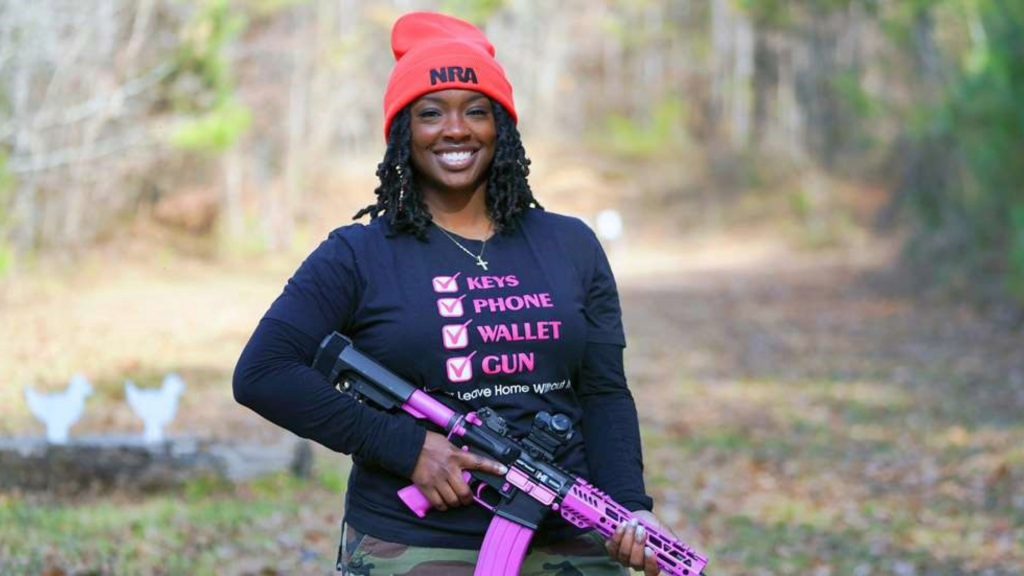
In an emergency, a firearm allows people to protect their homes when police assistance is delayed or impossible. Whether facing natural disasters, social unrest, or intruders, a gun provides security and peace of mind.
Hunting and Sport
For some, firearms are essential tools used responsibly for hunting and sport. Hunting with firearms teaches valuable skills like patience, precision, and respect for nature while providing an alternative food source.
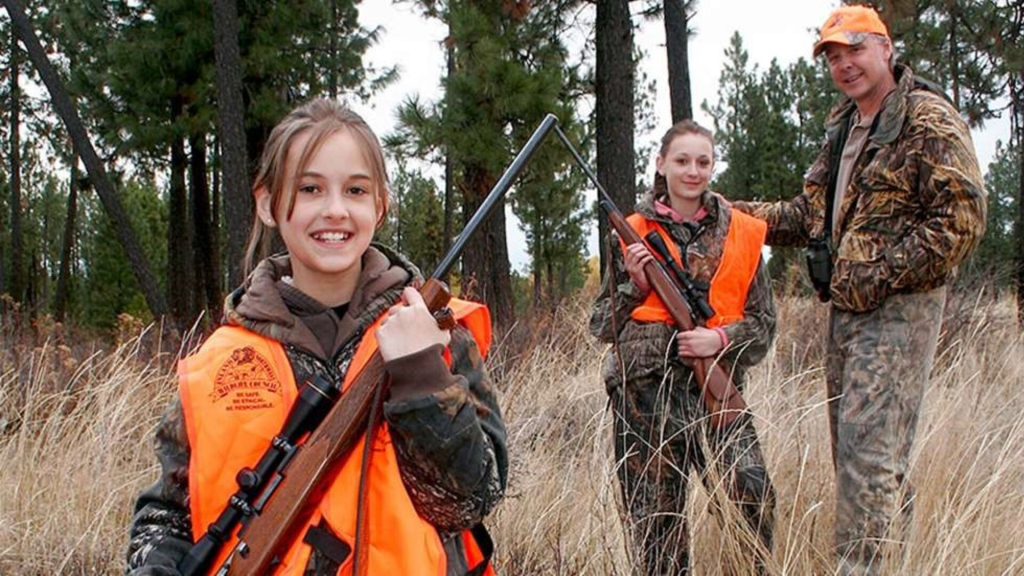
Competitive and recreational target shooting are popular hobbies that require following strict safety protocols. These activities can improve mental and physical health when done responsibly.
Ensure Emergency Preparedness
During times of civil unrest, natural disasters, or infrastructure failure, emergency responders may be delayed or unable to assist. In these scenarios, firearms act as a deterrent against looters, rioters, or others seeking to take advantage of the situation.
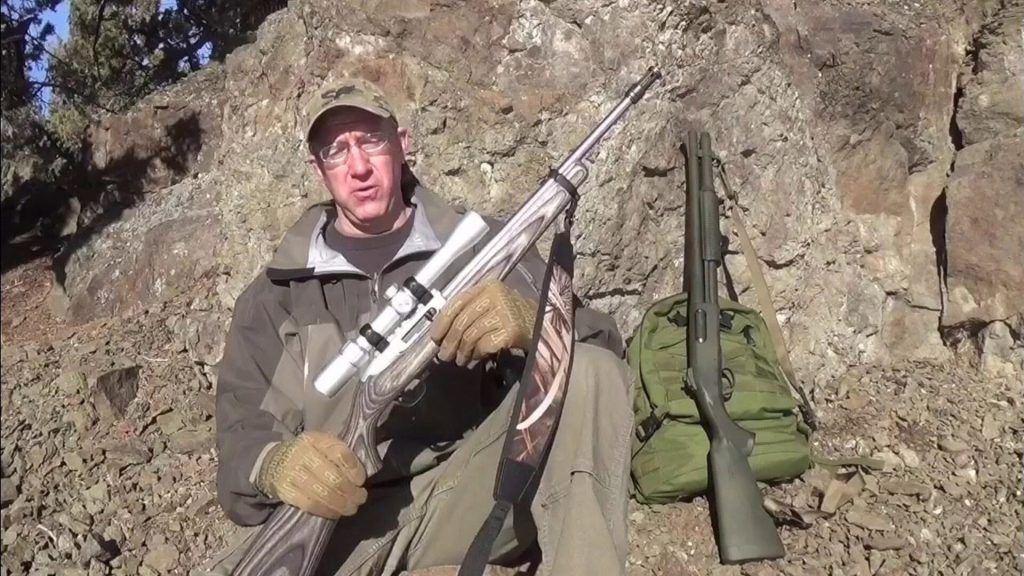
The sound of a pump-action shotgun or the sight of an armed homeowner can discourage those intending harm. For many, a firearm represents safety and security when all else fails.
Hunting for Food
In a prolonged emergency where supply chains are cut off, a firearm provides a means of sourcing food. For those skilled in hunting, it offers a way to feed themselves and their families when grocery stores are inaccessible or emptied.
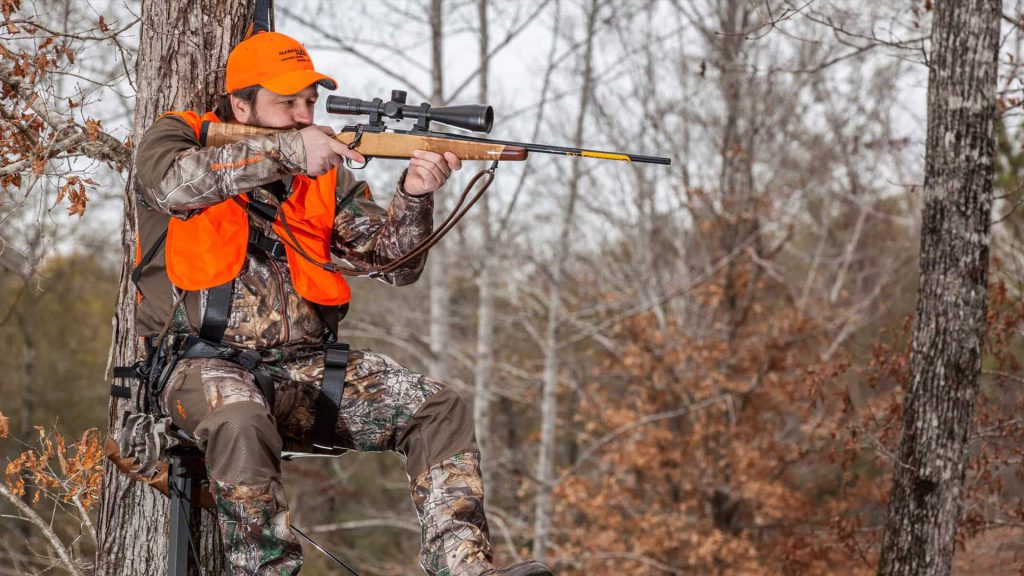
Even for novice hunters, in a time of crisis, a firearm improves the odds of putting food on the table.
Protecting Livestock and Property
Farmers and those in rural areas rely on firearms to defend their homes, livestock, equipment, and crops. During emergencies when law enforcement backup is unavailable, firearms serve as a first line of defense for protecting property and livelihoods.
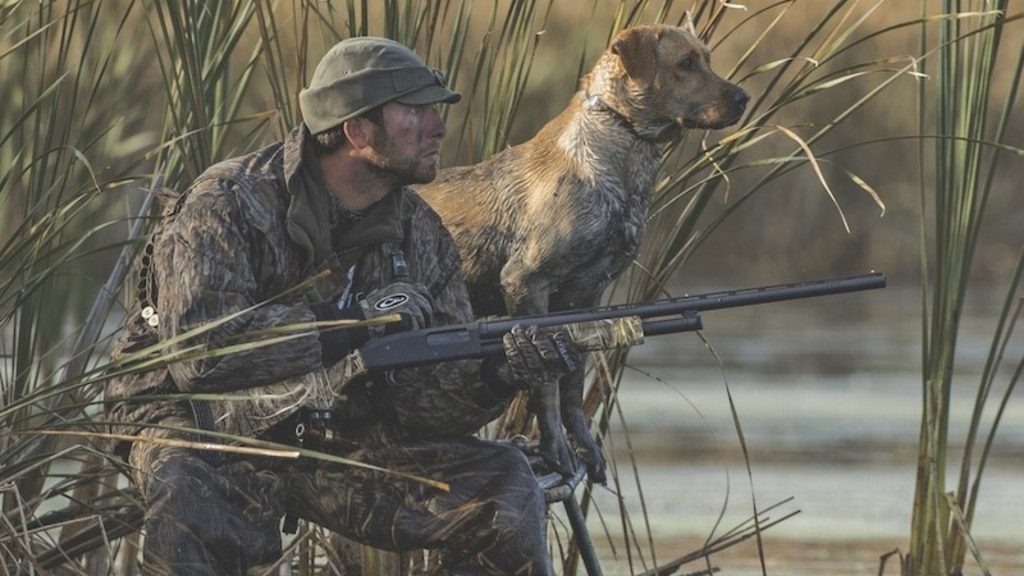
Determining the level of readiness comes down to an individual’s needs, skills, and responsibility in using firearms safely and legally.
Defense Against Predators
In some areas, especially rural locations, firearms are used to protect livestock, crops, and property from predators. Coyotes, bears, mountain lions, and other predators can threaten farm animals, pets, and, in some cases, even humans.
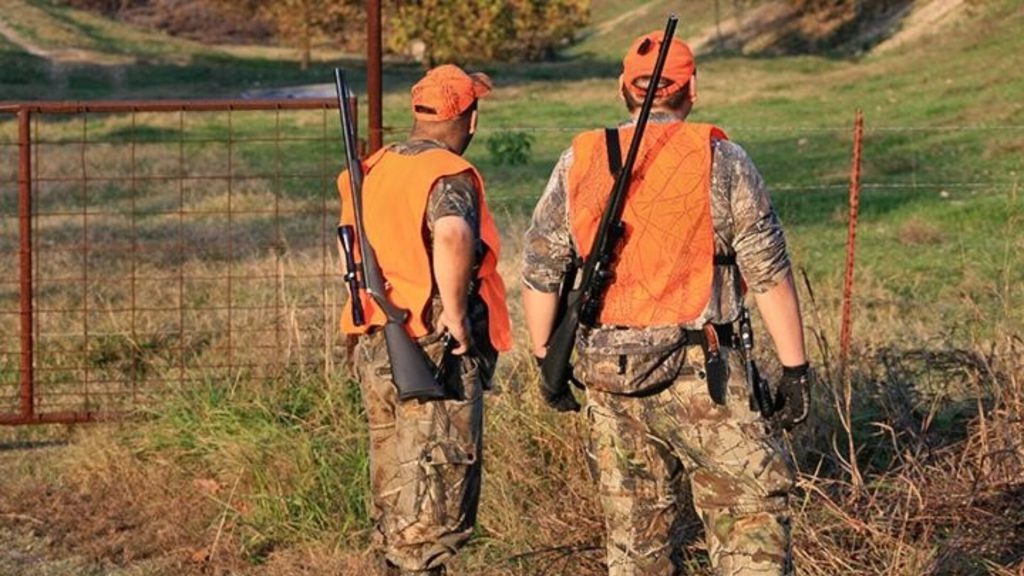
Lethal force may be necessary as a last line of defense to protect people and their livelihoods. However, it should only be used discriminately and according to the law.
Foster Family Traditions and Heritage
Firearms are often passed down through generations, preserving a family’s history and heritage. They become heirlooms that represent an important part of a family’s story.
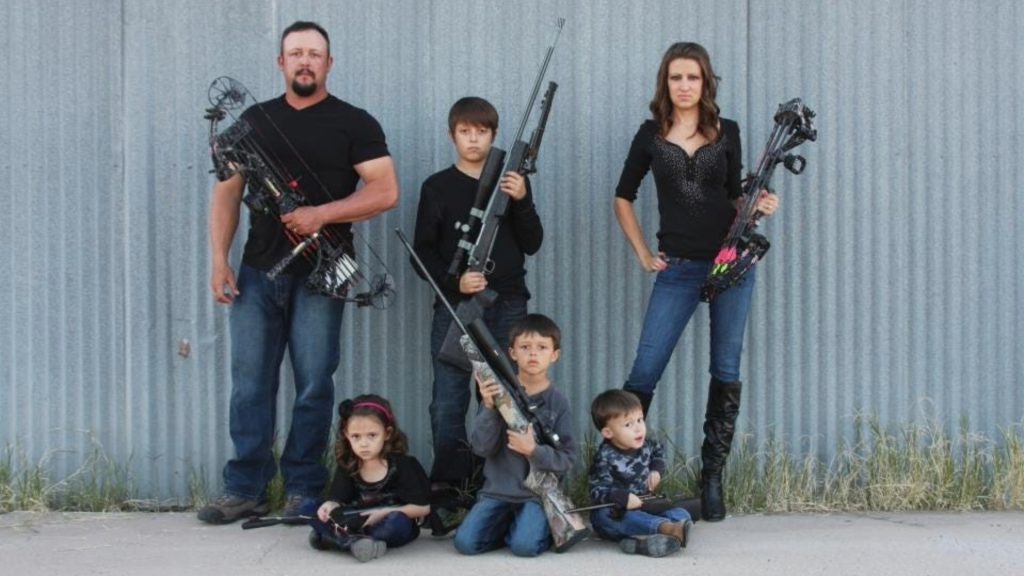
Owning a firearm owned by a grandparent or great-grandparent can serve as a tangible reminder of family traditions and lessons passed down over time. Teaching younger generations about firearm safety and responsible use helps ensure traditions continue positively.
Collecting as a Hobby
For many gun owners, collecting firearms can become an enjoyable hobby. There are many reasons why gun collecting is appealing. Collectors enjoy acquiring rare, historical pieces as investments that may gain value over time.
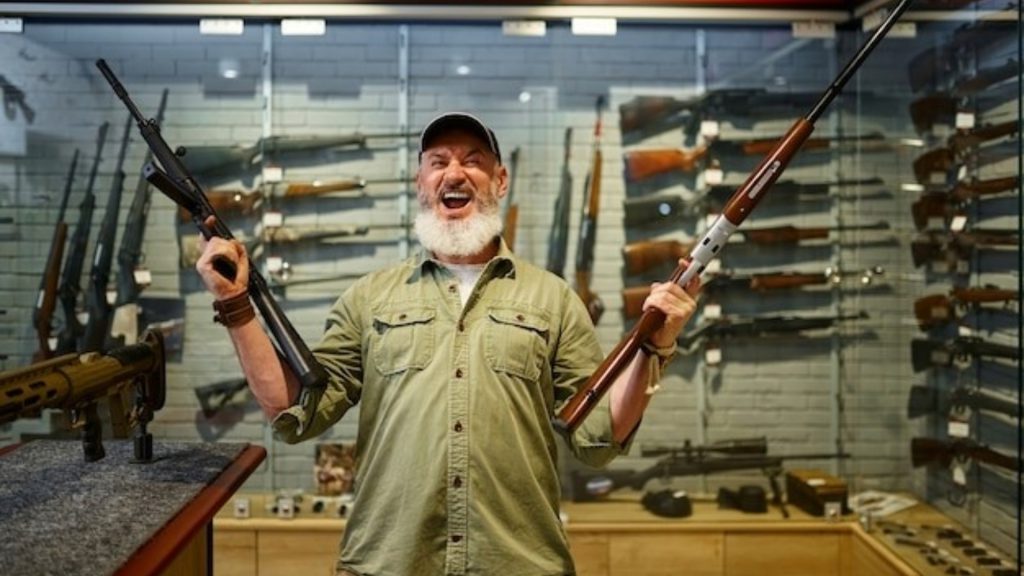
They also enjoy the thrill of the hunt – scouring gun shows, shops, and online listings to find a coveted model to add to their collection.
Appreciating Craftsmanship
Gun collectors have a keen eye for high-quality, expertly crafted weapons. They appreciate the skill and artistry that goes into designing and manufacturing fine firearms. Collectors enjoy showcasing particularly impressive specimens in their collection.

They take pride in owning guns from renowned makers like Colt, Smith & Wesson, and Remington. These collections become a showcase of the gunmaker’s art.
Preserving History
Many collectors focus on firearms from a particular historical period, such as the American Civil War or the Wild West. For them, collecting is a way to gain a deeper connection to that era. They enjoy owning a tangible link to important events in history.
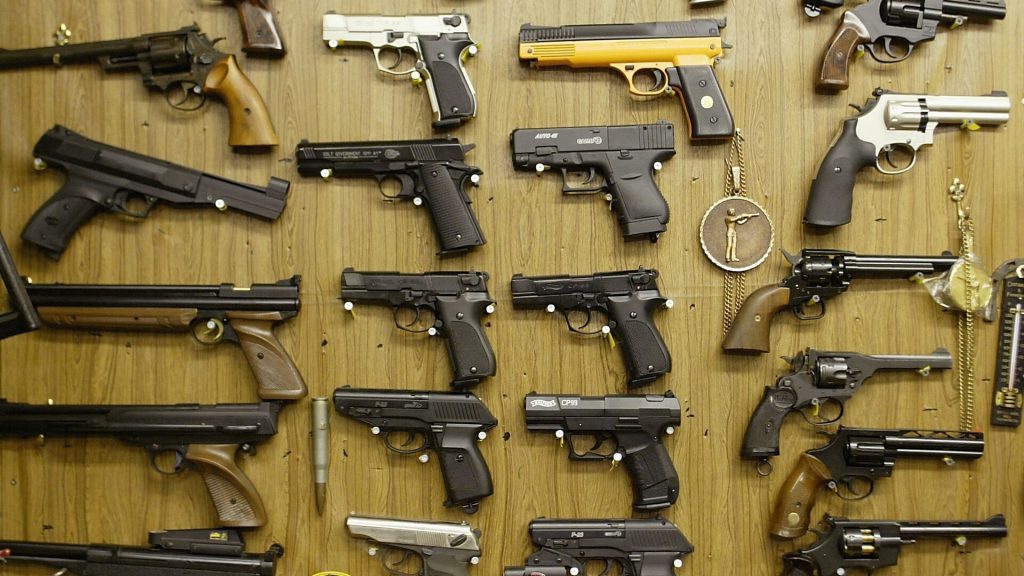
Collecting and preserving these historic weapons allows future generations to experience them firsthand. Museums and historical sites frequently borrow from private collections for displays and exhibits.
Bonding Experience
Owning firearms can be a great bonding experience, whether with friends or family. Target practice at a shooting range allows quality time together, engaged in an enjoyable shared activity.

Spending time together learning proper handling and safety techniques creates an opportunity for mentorship between experienced and new gun owners.
Possessing a Firearm Can Foster Self-Reliance
If you want to feel empowered in protecting your home and loved ones, consider investing in a firearm. Owning a gun gives individuals a sense of independence, allowing them to take responsibility for their safety.

This is especially important in rural areas where police response times can be delayed. However, with this right comes great responsibility. Firearm safety should be a top priority through proper training, secure storage, and adherence to local laws.
Owning a Gun Requires Responsibility
Owning a firearm is a serious responsibility that should not be taken lightly. It requires maturity, education, and accountability to handle guns safely and legally. Gun owners need to exercise good judgment and make responsible decisions regarding storage, use, and safety.

This includes keeping firearms unloaded and locked in a secure cabinet, separate from the ammunition. It also means properly vetting who has access to the weapons and ensuring they have the proper training.
Accountability and Legal Obligations
There are many legal responsibilities to keep in mind as a gun owner. These include background checks, waiting periods, storage requirements, concealed carry permits, and using firearms only legally and responsibly.
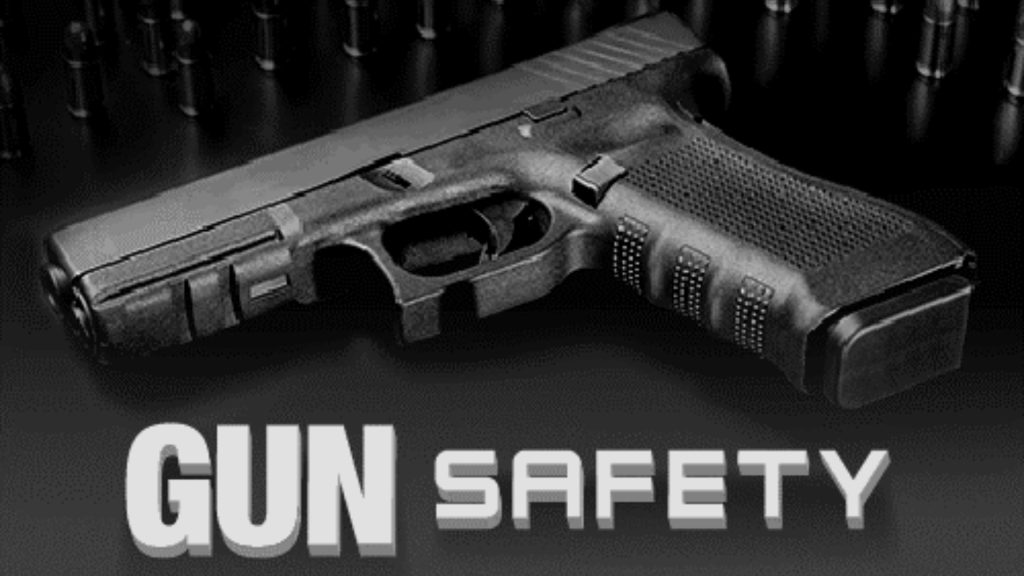
Gun owners must be aware of all applicable laws to avoid legal trouble. They need to be accountable for their firearms at all times to prevent unauthorized access or use.
Firearm Education Opportunities
Gun ownership provides learning opportunities for people of all ages. Many shooting ranges, hunt clubs, and firearm advocacy organizations offer safety certifications and training courses.
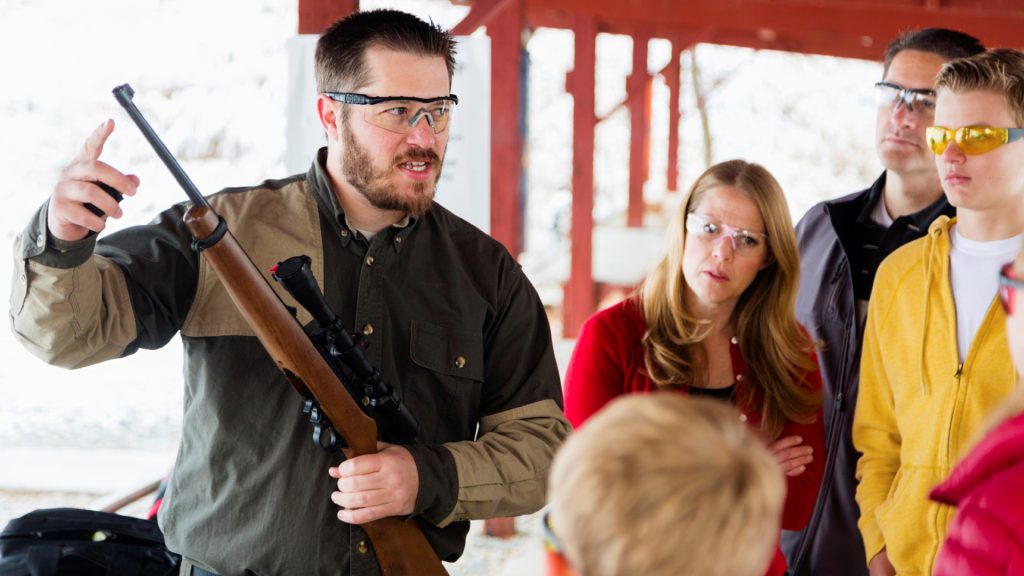
There are many opportunities to gain education and training related to firearms to ensure safe and responsible ownership. Here are some options:
• Gun safety classes. These basic courses teach proper handling, storage, and safety procedures for new gun owners.
• Concealed carry permit courses. Required in some states to obtain a permit to carry a concealed weapon, these classes cover legal aspects of carrying firearms in public as well as safe handling and shooting fundamentals.
• Marksmanship and shooting courses. Many gun ranges and clubs offer instruction on improving accuracy, shooting stances and techniques, and care of firearms.
• Online resources. Numerous videos, articles, and forums provide information on proper gun maintenance, self-defense techniques, safety tips, and legal guidelines.
• Gun shows. In addition to buying and selling firearms, many gun shows feature educational seminars and demonstrations on topics like home defense, rifle marksmanship, and concealed carry laws.
The Firearms Industry Provides Jobs
The firearms industry plays a pivotal role in providing jobs and generating tax revenue. According to estimates, the firearms and ammunition industry employs over 300,000 people in the U.S. and generates more than $50 billion in revenue annually.

This industry includes major gun and ammunition manufacturers as well as smaller companies that produce various firearm parts and accessories.
Generating Tax Revenue
The sale of firearms and ammunition generates substantial tax revenue for federal and state governments. Federal excise taxes on the sale of firearms and ammunition contribute over $600 million per year to conservation efforts through the Wildlife Restoration Program.

Income taxes, payroll taxes, and sales taxes from the firearms industry also provide funding for public services like infrastructure, education, and healthcare.
Supporting Local Businesses
Local gun stores, shooting ranges, and training facilities also provide jobs and tax revenue in communities across America. These businesses rely on the lawful commerce of firearms to operate.
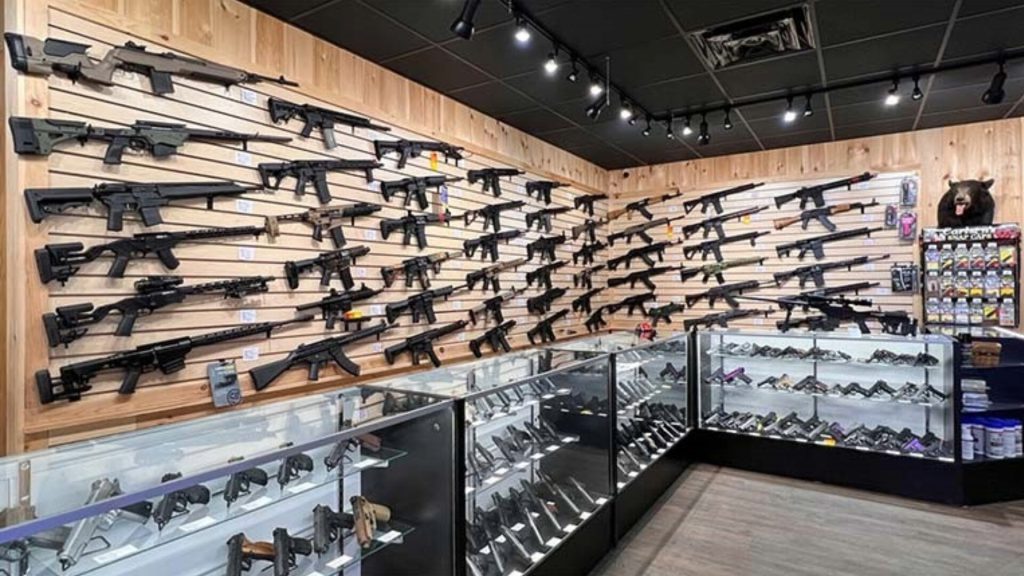
They provide opportunities for recreation, training, and social interaction for many gun owners. Some people also see visiting their local gun store as an enjoyable social activity where they can interact with like-minded individuals.
The Constitutional Right to Bear Arms
Gun ownership is protected as a constitutional right in the U.S. under the Second Amendment. For many, this highlights the importance of individuals being able to exercise their liberties and take responsibility for their safety.

With the right to bear arms comes significant responsibility. Proper care, storage, and use of firearms require maturity and accountability.
Owning a Firearm is a Personal Choice
Owning a firearm is a personal choice that comes with responsibilities. Whether for self-reliance, home defense, or recreational use, guns can empower citizens when handled properly. However, they also present inherent risks that require education and training.
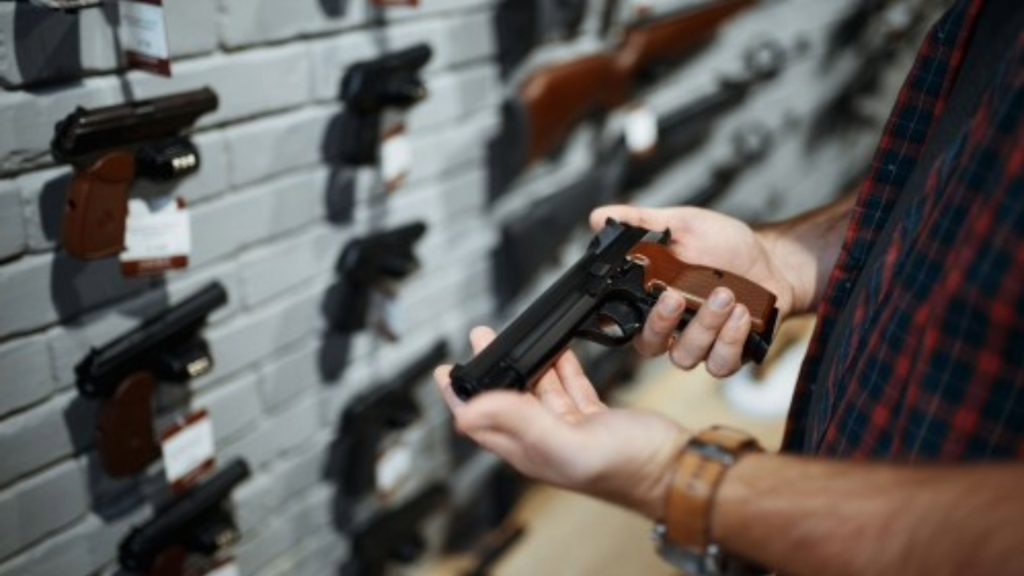
While guns may make sense for some households more than others, their ownership merits careful consideration of one’s needs, lifestyle, and values.

